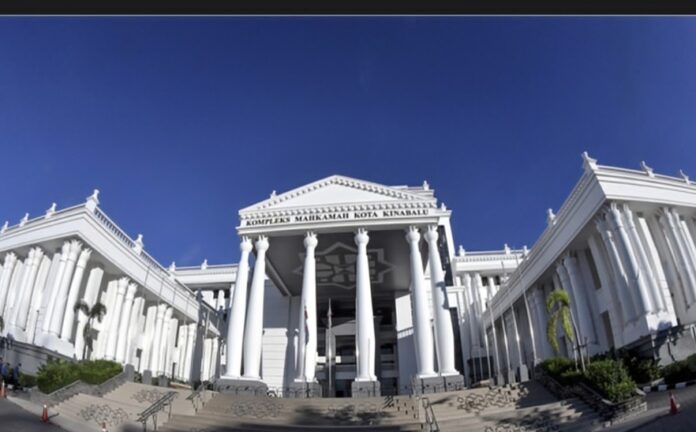Article in the style of Jason Santos / JA Edgar
Explainer:
The court ruling that finally defined Sabah’s 40% right
In the hope that the pakars will now refer to the court judgement.
For Sabah government whoever takes power now or later hope you can no longer be afraid to demand what is yours.
For decades, one question has divided Sabah rights activists, constitutional lawyers, and successive attorney generals from both the state and Putrajaya: what exactly do Articles 112C and 112D of the Federal Constitution mean?
To advocates of the Malaysia Agreement 1963 (MA63), those two clauses were the written promise that Sabah would receive 40 percent of all federal revenue collected from the state, a built-in safeguard to ensure fair development after joining Malaysia.
To federal officials, they were a financial framework open to interpretation, subject to review and negotiation.
That debate ended, at least for now, in a courtroom in Kota Kinabalu.
A long-standing dispute, settled by the court.
On Friday, the High Court delivered what may be the clearest legal interpretation yet of the constitutional articles at the heart of Malaysia’s formation.
Judge Celestina Stuel Galid ruled that the Federal Government’s failure to conduct a review of Sabah’s special grant since 1974 was not only a policy lapse but a breach of the Constitution itself.
Under Article 112C, she said, Sabah is entitled to 40 percent of federal revenue collected from the state.
Article 112D then sets out how this entitlement must be reviewed, jointly, by the Federal and State Governments, every five years.
The word “shall” in the text, she emphasised, is mandatory.
The duty is not optional, not subject to goodwill or timing.
Her reading leaves little doubt: the 40 percent entitlement is a constitutional right, not a matter of political convenience.
The lost years
In her judgment, Justice Celestina confirmed that after the first review in 1969, which covered 1963 to 1973, no further review ever took place.
The Federal Government continued to send Sabah an annual fixed grant of RM26.7 million, based on that original figure, for nearly half a century.
The Court found this situation indefensible.
The 48-year gap between 1974 and 2021, now called “the lost years”, showed that Putrajaya had failed to discharge its constitutional duty.
The judge described the absence of records or meetings during that period as “troubling,” adding that it caused public injury to Sabah and its people.
Revisiting the founding promise
The Court’s interpretation goes beyond mere accounting.
Justice Celestina linked the constitutional clauses to the documents that birthed Malaysia itself, the Cobbold Commission, the Inter-Governmental Committee (IGC) Report and the Malaysia Agreement 1963.
She said those papers explained why the 40 percent clause existed in the first place: to ensure that Sabah and Sarawak would have the means to fund their own services and narrow the gap with Peninsular Malaysia.
By failing to honour that formula, the judge noted, the Federal Government had not only breached a financial obligation but ignored one of the fundamental safeguards promised in 1963.
What the Court ordered
The High Court struck down three federal Review Orders, gazetted in 2022, 2023 and 2025, calling them unlawful and ultra vires the Constitution because they were made without the required joint review.
Justice Celestina issued a mandamus compelling Putrajaya to hold a proper review with the Sabah Government within 90 days and to reach an agreement within 180 days.
The judgment also dismissed the argument that such matters fall solely under the Federal Court’s jurisdiction, affirming instead that the High Court has authority to enforce constitutional compliance.
A defining moment
For years, MA63 activists and state leaders have clashed with successive attorney generals over how to read these two constitutional clauses. Each side cited history, political promises, and differing legal opinions.
This judgment, however, gives the debate a legal anchor. It is the first time a Malaysian court has declared that the 40 percent share is a constitutional right, not a policy gesture or a political favour.
If the ruling stands, the Federal Government must now begin formal talks with Sabah to calculate what was lost in those “lost years” and to set a new benchmark for the future.
Putrajaya may still appeal.
But until it does, the High Court’s words now carry the weight of the Constitution itself, and for Sabahans, they mark the first real step toward restoring a promise written into Malaysia’s founding bargain more than sixty years ago.
Editor: Jason Santos is a senior journalist with thevibes. com



